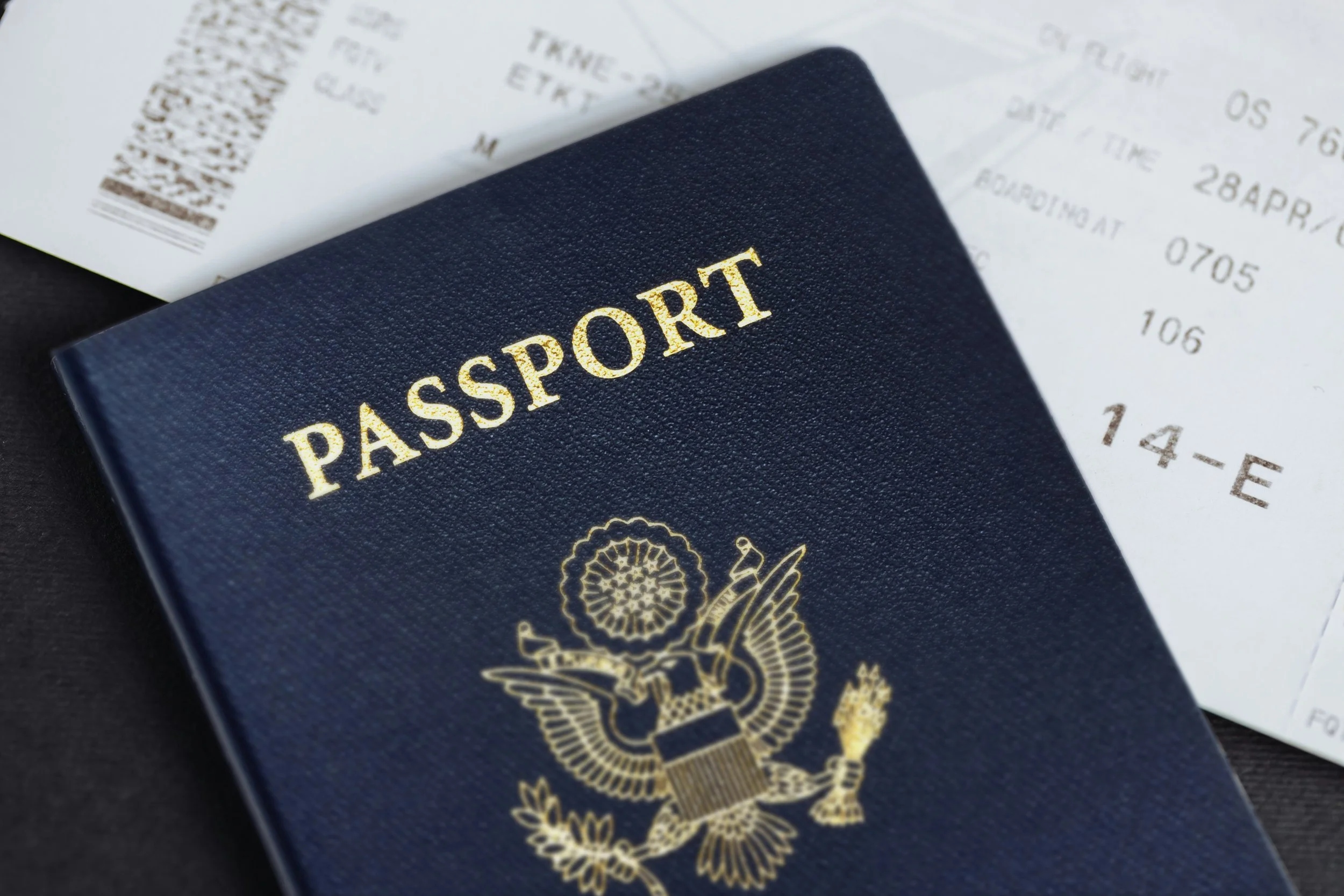Moral Clarity is for Sale in America. And it costs $36.
Moral clarity is for sale in America. And it costs $36.
I say that because I recently read that the average American pays only $36 a year in taxes toward SNAP—the Supplemental Nutrition Assistance Program. Thirty-six dollars. The cost of one dinner out, or a handful of oat milk lattes.
And yet, as of now, millions of Americans have lost their food benefits because the government can’t (or won’t) keep the program funded through the shutdown. October’s benefits have come and gone, and now, in November, they won’t release funds to keep it going.
Historically, SNAP has always run during shutdowns. It’s one of those rare safety nets that was considered non-negotiable. But not this time.
The official line is that contingency funds have been used up. The unofficial message feels louder: feeding people is now optional.
It’s strange watching this unfold from the inside after so many years living abroad. I left the U.S. in 2014—quit my job in tech, moved to Seoul to teach, and began a long experiment in what it’s like to live elsewhere. I’ve spent the past decade in many different countries. In some, something like this would be unimaginable. In others, government social safety nets are frayed or absent altogether.
For instance, last year floods in Northern Thailand severely damaged tens of thousands of homes. Even trying to get a clear estimate of the damage was nearly impossible; there’s no free press in Thailand, so reporting varies wildly. But we do know that many families and businesses lost everything. The government promised aid, but by the following spring, most people hadn’t seen even one baht. The payout, when it came, was the equivalent of $300 USD. Imagine losing everything you own and being told that’s what your life is worth.
At the same time, I noticed something else: when governments fail, communities take over. The people of Chiang Mai (where I live part-time) didn’t wait for their government to rescue them. Instead, they helped each other. They cleaned up, disposed of their former lives, gathered supplies, and shared meals. There’s a quiet dignity to it—but also a sadness—that the people have to save one another because the government will not.
And that’s exactly what I’m seeing in America right now. When the federal government fails, individuals step in. Bloggers launch fundraising drives. Nonprofits stretch their budgets. Neighbors fill community fridges. I donated to Feeding America last week, not because I believe charity is a long-term solution, but because we need a stopgap—and right now, the stopgap is all we have.
It’s easy to get cynical about all this, to feel like the system’s too broken to care. But I think cynicism is just grief in disguise: grief that a country so rich can let its citizens go hungry; grief that the people in charge of feeding millions treat it like a line item in a negotiation.
And honestly, I find it insulting. As a taxpayer, I’ve already paid into a system to protect people during hard times. So why isn’t it functioning?
If the government wants to run itself like a business right now, then fine—this is a bad customer experience. I want my money to go toward what it’s supposed to do. But actually, I don’t want the government to be run like a business. I want it to be run like it cares about its citizens—and right now, it obviously doesn’t.
America’s a country where you’re on your own. It doesn’t have to be, but lately it’s been acting that way. If a program as basic to human dignity as SNAP—one of the most effective anti-poverty measures we’ve ever had—can be stalled by politics, then we’ve stopped talking about governance and started talking about neglect.
Moral clarity shouldn’t be for sale. But apparently it is in America—and it costs $36.
So I guess this is my small reminder: when the safety net fails, we are the net. And right now, if we don’t step up, a lot of people are about to fall through.
If you can, donate to Feeding America or your local food bank. If you can’t, share this post or just check on someone.
Because the government may not be showing up for us, but that doesn’t mean we can’t show up for each other.






